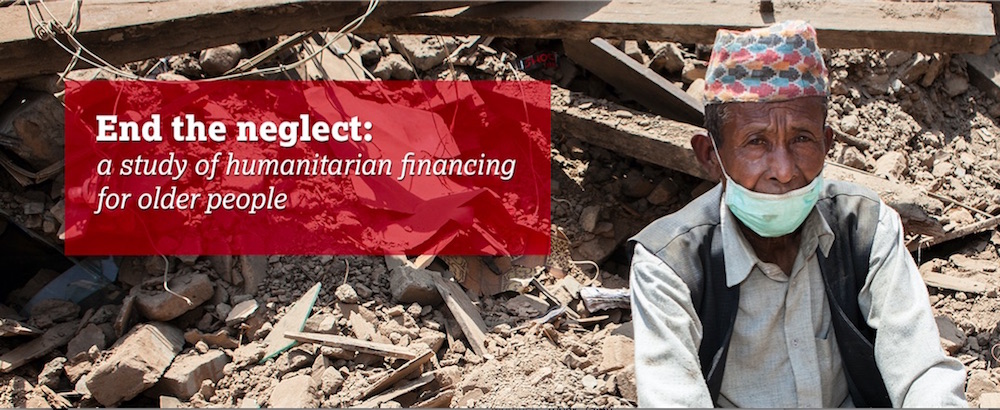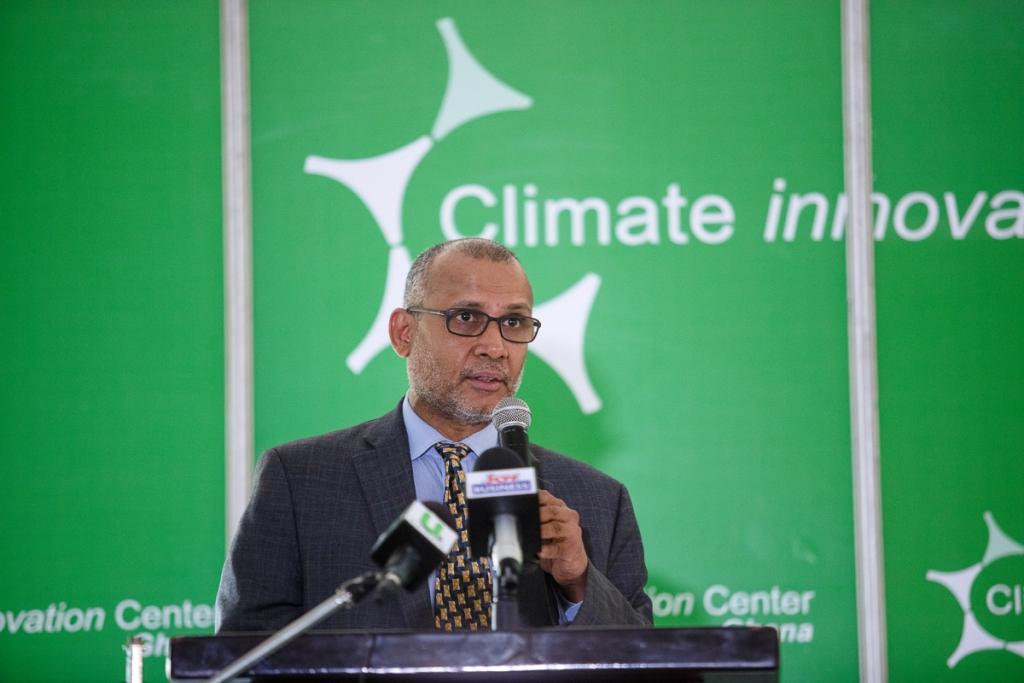
Civil society groups have called for a more targeted humanitarian response for older people in conflicts and emergencies, after finding that less than one percent of recent humanitarian financing goes towards older people.
A new report, which looked at more than 16,000 proposed humanitarian projects between 2010 and 2014, found that only 154 had any activity specifically targeting older people, most of which weren’t funded.
“The findings paint a clear picture of the challenges older people face”, said Marcus Skinner, Humanitarian Policy Manager at HelpAge International. “Of the few humanitarian projects that do target older people, over a third were submitted by HelpAge, showing the sector has a way to go to overcome its blind spot on ageing”.
The report, End the Neglect: a study of humanitarian financing for older people, shows that five UN Consolidated Country Appeals in 2013 and 2014 didn’t include any projects that targeted older people, while only two donors consistently provided funding to projects addressing older people’s needs.
“Last year, with the adoption of the Sustainable Development Goals, 193 countries committed to ‘ensure healthy lives and promote well-being for all at all ages'”, said Toby Porter, Chief Executive of HelpAge International. “To make this commitment a reality we need a humanitarian system that doesn’t deliver a ‘one size fits all’ response but one that reacts to the specific needs and vulnerabilities of people affected in different ways, including older people”.
The world’s ageing population means that older people constitute a growing number of those affected by humanitarian crises. In a few years’ time, the number of older people will surpass one billion and adults aged 65 and over will outnumber children under five. Two thirds of the world’s older people live in low and middle income countries where disasters are more likely to occur and the human impact is greater.
“The humanitarian system must substantially improve the way it includes older people in humanitarian responses if it is to call itself principled, impartial and fit for the future,” said Frances Stevenson, Head of the Humanitarian Team at HelpAge International.
The report concludes with a series of recommendations to humanitarian organisations and donors to play their part in delivering change for older people and other vulnerable groups.
Ahead of the World Humanitarian Summit, HelpAge in collaboration with other leading humanitarian agencies, produced an Inclusion Charter that sets out the core commitments needed to ensure humanitarian assistance reaches the most vulnerable.
The Charter calls for funding that is commensurate with the scale of needs and is allocated impartially according to need, recognising the needs of different groups.
The following agencies have signed up to the Inclusion Charter: Plan International, World Vision, The Sphere Project, Christian Aid, Islamic Relief, MERCY Malaysia, SOS Children’s Villages, CAFOD, War Child UK, HelpAge International, Center for Community Advancement and Family Empowerment (CECAFE), Ageing with a Smile Initiative and Age International.











